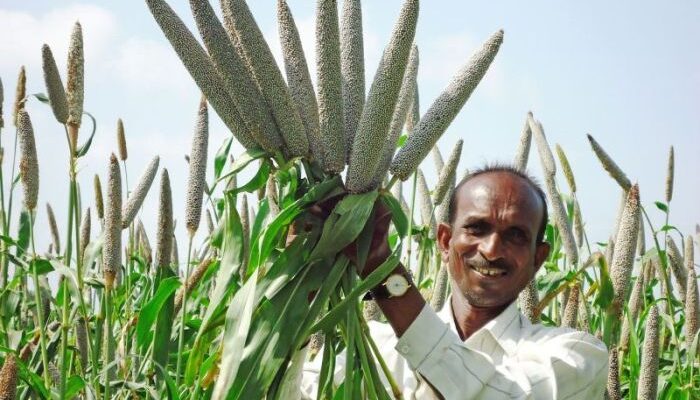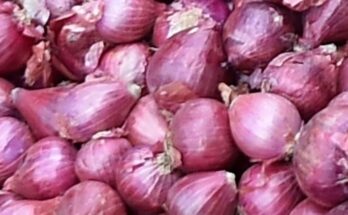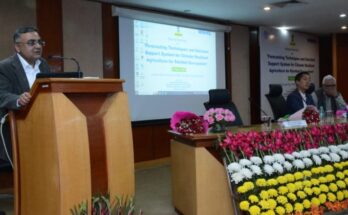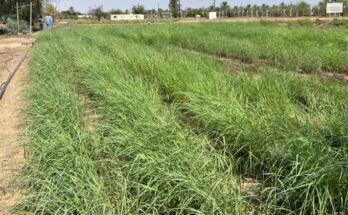The Ministry of Food Processing Industries (MoFPI), Government of India, has come up with the Production Linked Scheme (PLI) to promote and strengthen the value chain for millets and millet-based products inclusive of ready to eat category,” said Prahlad Singh Patel, Minister of State for Food Processing Industries, in his address at the national conference on Millets: The Future Super Food for India, organised by the ASSOCHAM in New Delhi today. He said that there is a need to mainstream millets to improve India’s nutrition outcomes.
Addressing the conference, the minister said, “The production of millets has increased from 14.52 million tonnes in 2015-16 to 17.96 million tonnes in 2020-21. The production of bajra (pearl millet) has also increased from 8.07 million tonnes to 10.86 million tonnes during the same period.”
Talking about the quality that sets millets apart from other grains, Patel said, “Due to their short growing season, millets can develop from seeds to ready-to-harvest crops in just about 65 days. This characteristic of the millets is of vital importance in thickly populated regions of the world. If stored properly, millets can keep well for two years or beyond.”
The major millets producing areas in India include Haryana, Uttar Pradesh, Chhattisgarh, Gujarat, Rajasthan, Madhya Pradesh, Maharashtra, Andhra Pradesh, Karnataka, Tamil Nadu and Telangana. The Minister of State for Food Processing Industries added, “The Government has already revised the guidelines to facilitate the movement of the surplus production of millets to other states. The provision of inter-state transportation of surplus millets through the Food Corporation of India (FCI) is incorporated to cater for advance demand placed by consuming states before the start of procurement.”
You may also like to read: Millets can lower risk of type-2 diabetes and help manage blood glucose levels, says study
Speaking at the conference, Minhaj Alam, Joint Secretary, Ministry of Food Processing Industries, talked about spreading awareness of millets all around the globe as India is now the 5th largest exporter of millets globally. He stated, “2023 will be the international year of millets that will create value generation and promotion of sustainable products in food choices.” He added that more investments are required in the production and processing of millets.
Vivek Chandra, Chairman, Food Processing and Value Addition Council, ASSOCHAM and CEO – Global Branded Business, LT Foods, in his address at the conference, said that there is a need for a millet revolution in the country. “Millets as a crop and commodity will be beneficial for all the stakeholders, environmental and sustainability prospects in the long run,” he added.
Bhupesh Chaudhary, Special Commissioner of Industries, Dept of Industries, Govt of National Capital Territory of Delhi also shared his insights on how millets have been always a part of India’s legacy and culture. He said, “There is a need to bring millets back and the supply chain plays a major role to reach out to the last mile to battle against hidden hunger.”
You may also like to read: Study shows regular millet consumption can combat anemia
Ramsinh Rathwa, Chairman, Tribal Co-Operative Marketing Development Federation of India (TRIFED) highlighted the urgency of paying attention to the tribal community’s food culture and habits. “The lifestyle tribals’ live and their food choices should be taken care of to save their communities,” he said, adding, “Millets had all kinds of nutrients that are important for growth and health. It can help in tackling malnutrition, which is quite common in India.”
Tarun Vij, Country Director India, Global Alliance for Improved Nutrition (GAIN) shared the significance of placing millets in the larger ecosystem and what millets can deliver to the nation. “It is important to make them available, desirable and affordable. Healthy food should not be a luxury, but must be made available to all.”
The inaugural session of the conference ended with a vote of thanks by Arun Om Lal, Co-Chairman, Food Processing and Value Addition Council, ASSOCHAM and President-Corporate Affairs & Communications, Hexagon Nutrition.
Photo Credit: ICRISAT





